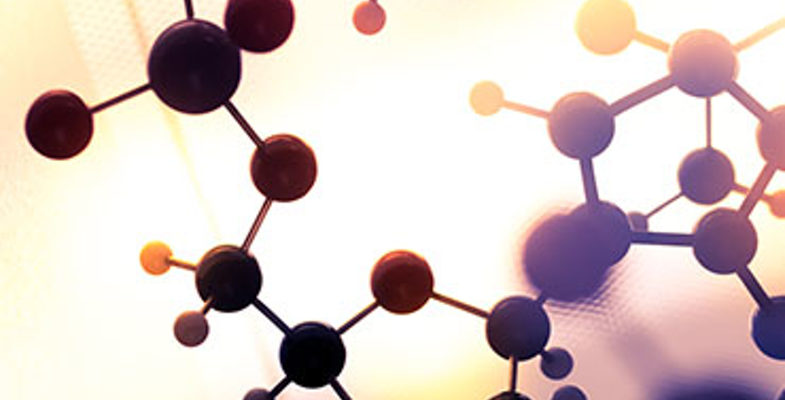What is chemical pathology?
What is chemical pathology?
Chemical pathology (also known as clinical biochemistry) involves the biochemical investigation of bodily fluids such as blood, urine and cerebrospinal fluid. By discovering how and where the body’s chemistry has changed, diseases can be diagnosed and monitored.
Why is chemical pathology important?
Many illnesses are reflected in a disturbance in the body’s chemistry. Chemical pathology brings together science and medicine. By understanding the chemistry of bodily fluids and monitoring these, laboratory professionals can tell whether a patient’s organs are working properly, diagnose diseases and recommend treatment. For example high glucose levels in blood may be a sign of diabetes.
Glucose is a sugar that provides fuel for the body. The blood glucose level is regulated by the hormone, insulin. If the body doesn’t produce enough insulin, diabetes may develop. Diabetes can cause eye and kidney disease, and can cause blood vessels to narrow, resulting in heart disease and poor circulation. Some women develop diabetes during pregnancy.
The role of the chemical pathologist
Clinical scientists, medical consultants and biomedical scientists are all involved in providing a clinical biochemistry service in hospitals. Skilled biomedical scientists carry out most of the day-to-day analytical work. Both clinical scientists and biomedical scientists may carry out complex analytical work. Clinical scientists and medical staff are responsible for the appropriate use of investigations and interpretation of results as well as the development of the service. Medical staff may also be involved in direct patient care. For example running lipid, diabetic, endocrine and bone disease clinics. They are also members of the hospital nutrition team.
The clinical scientists and consultants in the team also help in the develop the service through evidence-based scientific innovation. This can involve introducing and carrying out specialist analyses, developing and implementing new techniques (often collaborating with colleagues in industry or universities) and liaison with clinical staff.
Point-of-care testing
Many clinical biochemistry tests can now also be performed at the patient’s bedside or in their home. This is called ‘point-of-care testing’ and has the advantage that patients do not have to travel to the hospital or leave their bed to have their test. The results are usually available immediately so there is no waiting to find the answer. This innovative development is welcomed by chemical pathologists as it can improve the service that patients receive.
However, not all tests, such as those bought on the high street or on-line, are of the same high standard as those in the laboratory, so care must be taken to make sure that the tests are accurate.



